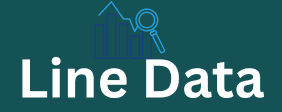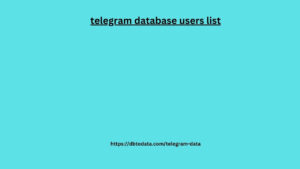ISC strategic foresight project, leveraging a transdisciplinary panel to inform a proactive approach to global challenges.
The recent earthquakes and floods that devastated
Morrocco and Libya and killed thousands of people while destroying
cities and key infrastructures, shed yet another dramatic light on our current lack of policy
and action frameworks to tackling crises proactively.
This realization echoes the growing demand for foresight,
reinforced by the United Nations Secretary-General’s report ‘Our Common Agenda’, which calls
for all UN agencies, as well as all UN Member States,
to engage in foresight practices to address systemic risks and support efficient preparedness strategies.
To address this need, UNEP telegram database users list and the International Science Council (ISC)
have partnered to develop a science-basedstrategic foresight framework and build a more proactive approach to guide decisions and tackle crises.
Based on a global survey,
scenario building exercises, and sensemaking sessions with a panel the new foursquare is increasingly social of transdisciplinary experts, the project will analyze and categorize emerging signals and their potential for disruptive change to provide specific areas of actions.
The diverse group reviewed the results of the Horizon scanning aqb directory survey conducted so far and interpreted the different signals of change through scenarios assumptions.
Participants agreed on the pleasure of being able to meet and engage in-person with such a diverse group of experts. They reported discussions to be lively, highly interesting and shared their impressions of being part of “something really different”.
In the project,
Beyond the development of an institutionalized approach to strategic foresight and horizon scanning, this process will result in the release of a Global Foresight Report published in July 2024.Flipping the Science Model: A Roadmap to Science Missions for Sustainability. She stressed the need for inclusive platforms that bring together diverse knowledge systems to co-produce true ethical and equitable knowledge. This resonates with the report’s emphasis on inclusive collaboration with a wide range of stakeholders to make co-designed research and action the standard practice in sustainability science. Burkins’ call to widen the platforms to include the voices of indigenous peoples, youth, businesses, and communities also reflects the report’s commitment to scaling up and redesigning science funding – a shift that would facilitate transdisciplinary and engaged mission-oriented science for sustainability.

